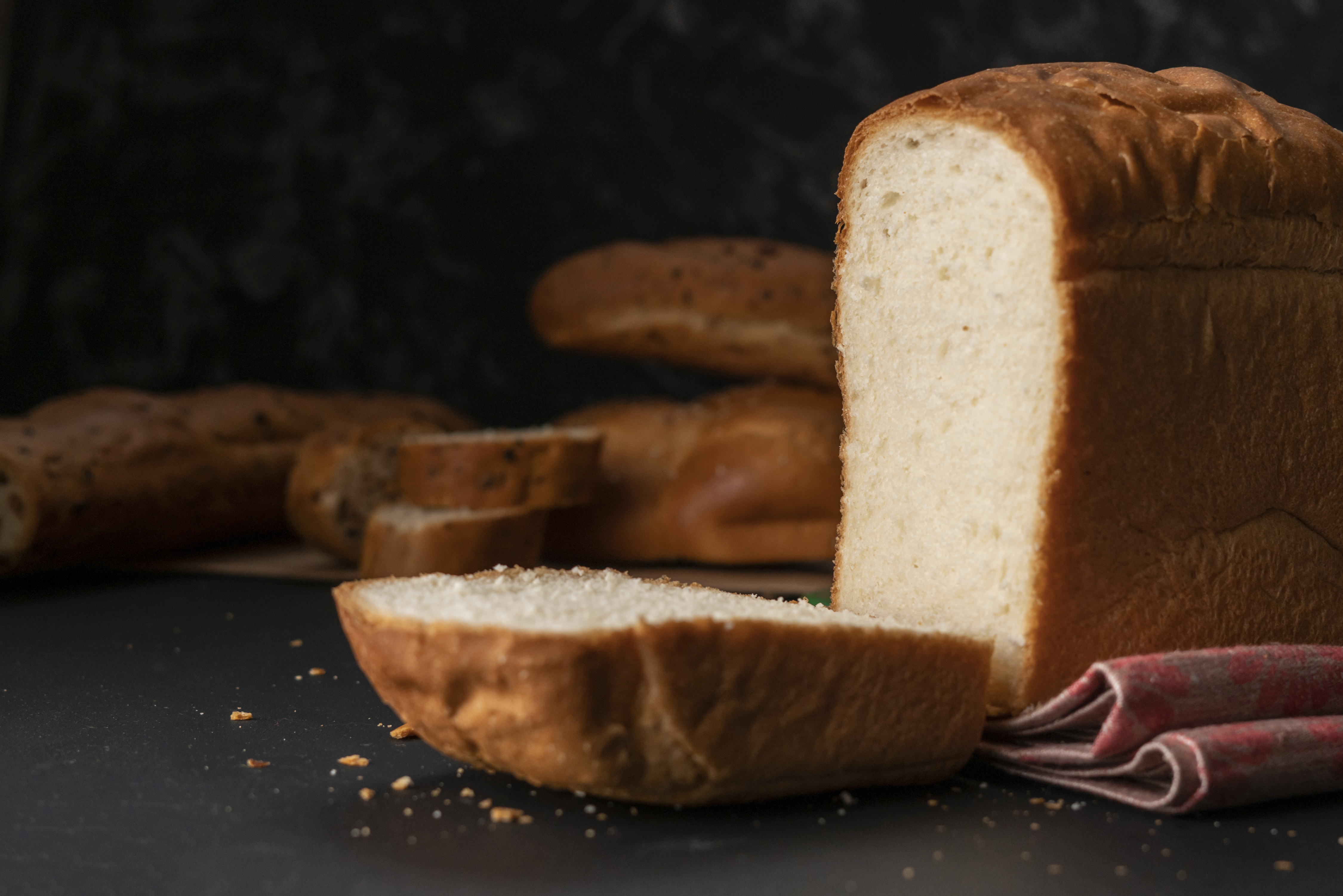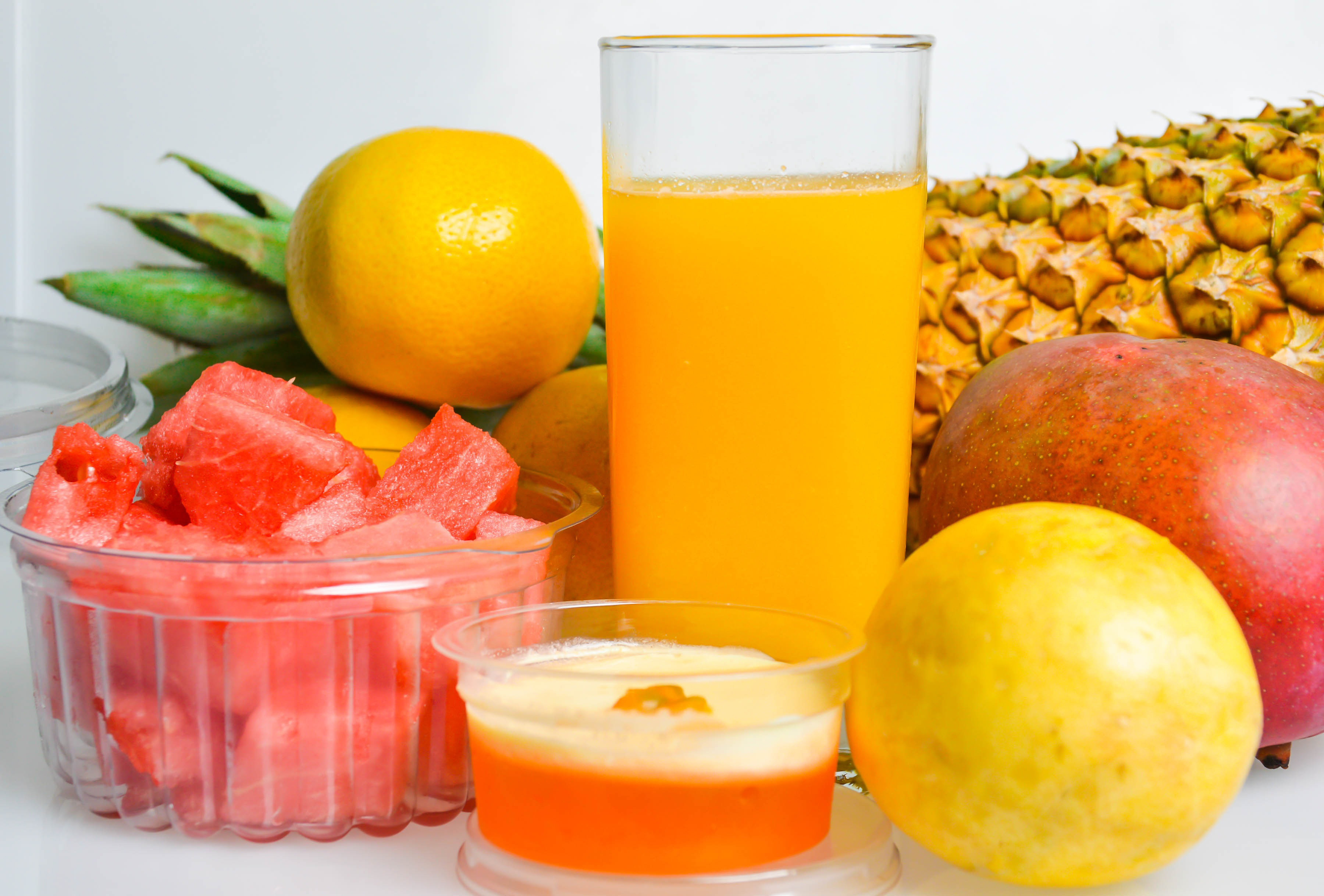Diabetes Danger: Shocking Foods Spiking Your Blood Sugar
Managing blood sugar isn’t just about avoiding dessert—it’s about decoding your entire plate. While soda and sweets are easy targets, some of the biggest blood sugar spikes come from foods wearing a “healthy” halo. Think smoothies, salad dressings, protein bars, or even whole-grain cereals. They sound smart—but can hit your system like a sugar bomb. That’s why we’ve expanded our list — a revealing breakdown of the hidden offenders that quietly mess with your metabolism, energy, and mood. This guide isn’t here to scare you—it’s here to hand back control. Because once you understand how these foods affect your body, you can outsmart them without sacrificing joy or flavor. Whether you're managing diabetes, fighting fatigue, or just aiming for more stable energy, this list will help you read between the nutrition-label lines. Ready to rethink what “healthy” really means? Let’s dig in.
1. The Role of White Bread and Refined Grains

White bread, along with other refined grains, is a staple in many diets around the world. However, these foods can significantly impact blood sugar levels due to their high glycemic index (GI). The process of refining grains removes fiber, which is essential for slowing down the digestion and absorption of carbohydrates. Without this fiber, the body quickly converts these foods into glucose, causing a rapid spike in blood sugar levels. For those managing diabetes, it's crucial to recognize the impact of these refined grains and consider healthier alternatives like whole grain or multigrain breads, which have a lower GI and provide more nutrients and fiber.
2. The Sugar in Fruit Juices

Fruit juices are often perceived as a healthy choice, packed with vitamins and antioxidants. However, they can be deceptive for those managing diabetes. Unlike whole fruits, juices lack fiber, which is crucial for moderating sugar absorption. Moreover, many commercial fruit juices contain added sugars, further exacerbating their impact on blood glucose levels. Even freshly squeezed juices can cause spikes due to the concentrated sugar content. For diabetics, it's important to consume whole fruits instead of juices, as the fiber content in whole fruits helps slow down sugar absorption and provides additional health benefits.
